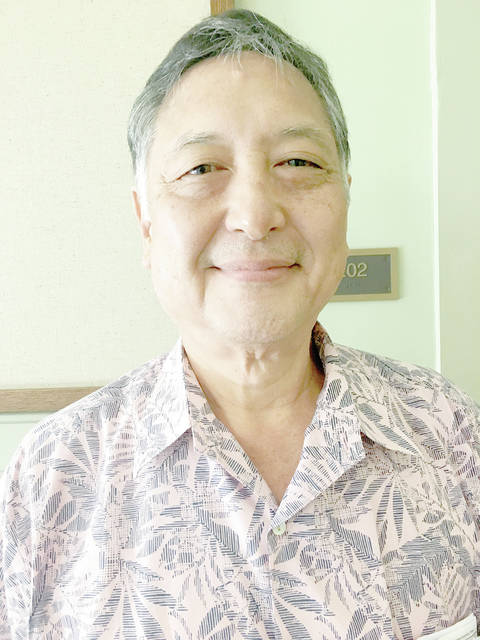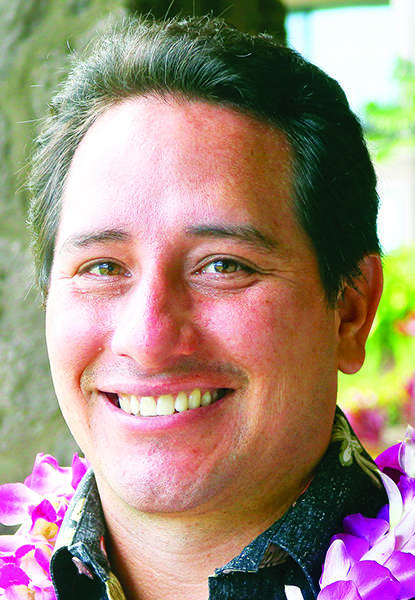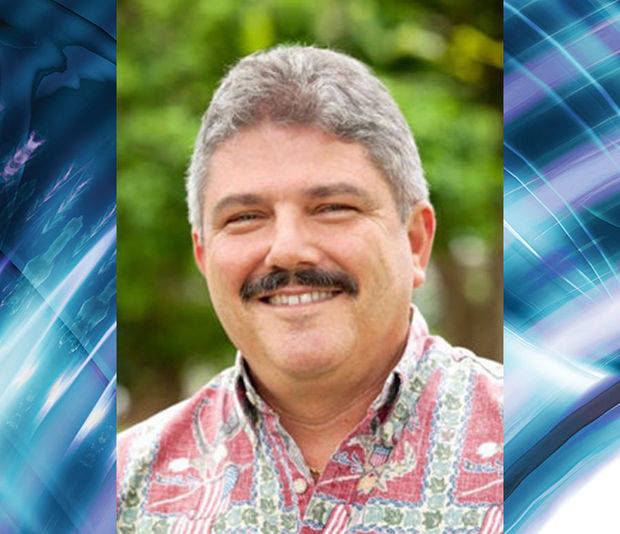LIHUE — The proposed constitutional amendment that would add a surcharge on investment real property to fund public education in Hawaii if approved by voters Nov. 6 would have dire consequences, say Maui County leaders.
Maui County Real Property Tax Administrator Scott Teruya and Maui County Councilmember Riki Hokama, budget and finance chairman, had a discussion with the Kauai County Council about what the amendment could mean for Hawaii’s counties.
Hokama asked Kauai County to join Maui County in a resolution urging the state auditor to conduct a performance and fiscal audit of the state Department of Education.
The last time the department was audited was 15 years ago in 2003, he said. That audit found the department only minimally complied with statutory requirements for planning, programming and budgeting principles, he said.
“We are requesting and urging the state auditor as required by the Constitution to do an audit of the Department of Education to find out how the department has been spending the appropriation of public funds and what are the shortcomings and what are the failures,” he said.
The last comprehensive management and performance audit of the department took place 45 years ago in 1973.
The amendment would impact all of Hawaii’s counties negatively, he said.
“I think it was ill-conceived and not well thought out and not verified that $500 million is the cure-all for the ills of the department,” Hokama said in an interview with The Garden Island.
The reality is the DOE has about a $2 billion budget and too much is going to administration, he said.
“How much more money do we need for our education? It’s almost like writing the state a blank check,” he said.
On Kauai, about 84 percent of county funding comes from real property taxes and each year the councils set tax rates to meet their budgetary needs, Teruya said.
“Looking at how different each county classifies properties and how we have different values per districts, it is unknown how the state will project its surcharge,” he said.
Attorney General Russell Suzuki said this would be an independent tax calculated on top of the property tax, Teruya said, citing minutes from a February meeting.
“The main thing is that the state has no legislation on how this would be administered right now, so I stand here and tell you that I have no idea how you would be taxed, who’s going to be impacted, who’s going to be affected, and they themselves cannot either,” he said.
Kauai County Council Chair Mel Rapozo said Kauai has an affordable-housing program where if you agree to rent out your home at an affordable rate, you get a homestead real property tax classification and rate.
“My question is, you’ll get a cheap rate for the county and that landlord that has offered his housing unit to the affordable housing community is now going to get hit with a $16 per thousand (fee). It’s not a surcharge, it’s a tax. Let’s call it what it is,” he said.
That is going to kill any affordable-housing programs, Rapozo said.
And there are a lot of people who use these affordable-housing programs, he said.
Hokama said he’s not sure if the Legislature has talked with the counties on the affordability portion of Hawaii’s housing crisis.
“The highest taxes we have right now in our county are $10.85 per ($1,000 of assessed value for) hotel, so $16 on top of any tax pretty much blows any tax break out of the water. Homestead residential pays $3.05 per thousand,” said Councilmember Arryl Kaneshiro.
Hokama said Hawaii is unique.
“We as island people need to find island solutions to island problems,” he said.
•••
Bethany Freudenthal, crime, courts and county reporter, can be reached at 652-7891 or bfreudenthal@thegardenisland.com.




